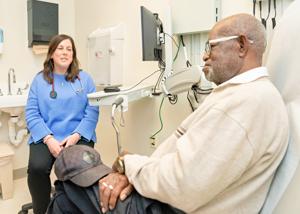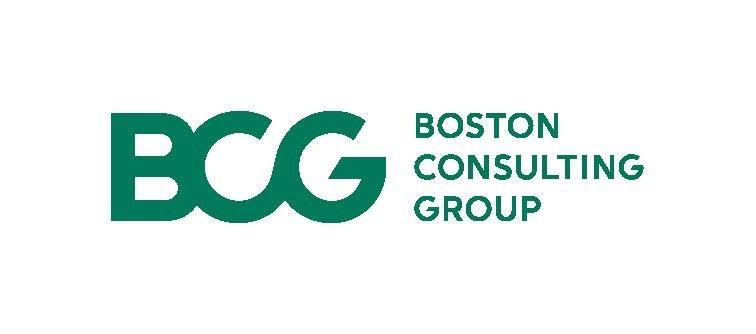Living your best life at any age can mean different things to different people, but the common denominator in this premise is finding fulfillment, happiness, and balance in a way that aligns with your age, health, and personal circumstances. The key is adapting to the changes and challenges that come with aging while maintaining your physical and mental health and, ultimately, having peace of mind. The Center for Healthy Aging at MUSC delves into what it is that makes some in the elderly population thrive while others struggle to survive.
“We are attempting to slow down the process of decline as we age,” said the director of the center, Hermes Florez, MD, PhD. "That can mean keeping sharp with our minds, having the strength we need to complete certain tasks and having social connections that augment our lives.” The truth of the matter is that when it comes to our physical health, we start declining at age 35.

But we don’t have to take this lying down. Fighting back means addressing the areas known to begin deteriorating before we ever hit middle age. That means not only exercising for cardiovascular health but also doing resistance training to maintain healthy bones and prevent osteoporosis, which leads to fractures.
It means keeping your mind stimulated so that even in retirement, you have a purpose in life. It doesn’t have to be about finishing a complex project, as it may have been at your office, but something that gives you a reason to get up in the morning. "Having a purpose is important," said Amanda Overstreet, DO, a geriatrician at MUSC.
"You may need to change your purpose, maybe providing support to your grandchildren or volunteering to do charity work. Finding purpose is a very individual thing, and while you’ll find some people working at age 80 and others retiring at 55, we are still researching why patients age differently. We know that genetics play a large part but also know that environmental or behavioral factors play an important role.
" At Dr. Overstreet’s Comprehensive Geriatric Clinic, patients are treated based on whether or not they’re frail rather than assuming anything based on a patient’s chronological age. Genetics versus behavior theories are still evolving in the medical literature.
Overstreet notes that hypertension and Alzheimer’s disease can be genetic in many cases. However, the important thing she says is that when you start to show signs of decline, pay attention. If it’s cognitive decline, for instance, have your hearing checked and get a hearing aid if it’s needed.
And, if you’re still having problems, a cognitive test may be in order. To live your best life, you must nip upcoming issues in the bud. Good muscle mass is often inherited, but if you didn’t happen to win that particular genetic lottery, it just means you may have to work harder to keep a strong bodily structure.
“It’s important that all of us invest in physical activity,” said Dr. Florez. "Spend enough time every day that supports 150 minutes per week, which breaks down to a little over 20 minutes a day.
That can be a combination of cardio and strength training. Moving is key to keeping blood flowing and activating the lymphatic system, which carries waste products, germs and damaged cells away from the body’s tissues.” Living your best life may require some planning.
If you’re considering retiring, make sure you’ve thought about how you’ll occupy your days. Will you attend a morning gym class with your friends and go out to breakfast afterward?Will you learn a new athletic skill, where you can make new social connections to replace the ones that you automatically may have had at your office? How about hobbies? If you’re not an avid golfer who plans on spending 3 to 4 days a week on the links, how about taking up painting, taking dancing lessons or volunteering at a shelter? It’s all about finding a new passion that continues your journey as a productive human being. "Maintaining a healthy lifestyle is important whether you’re working or not,” said Dr.
Overstreet. "I think sometimes the routine of a working life makes this feel more sustainable, but you can remain both physically and mentally active after retirement. Exercise, for instance, can take many forms – from taking an aerobics class at your local senior center to just playing with grandkids.
Physical exercise is also important when we’re talking about keeping your mind active. Some of my patients play group sports like pickleball or boxing because they can be active while simultaneously maintaining those social connections. And it’s important to walk, not just for your cardiovascular system, but because it’s good for your brain health, as it stimulates blood flow there.
” And don’t discount personal connections. The need for love and friendship does not end just because you reach a certain chronological age. Part of living your best life should include meeting new people and surrounding yourself with loved ones and others who care about you.
“Sometimes all you need is holding hands, a hug or a kiss. It’s important and gives us a sense of fulfillment,” adds Dr. Florez.
At any age, living your best life is about knowing yourself, setting meaningful goals and giving yourself permission to evolve while staying true to your values. Living your best life is ultimately up to each and every one of us..
Technology

The Secret to Living Your Best Life

Living your best life at any age can mean different things to different people, but the common denominator in this premise is finding fulfillment, happiness, and balance in a way that aligns with your age, health, and personal circumstances. The...















